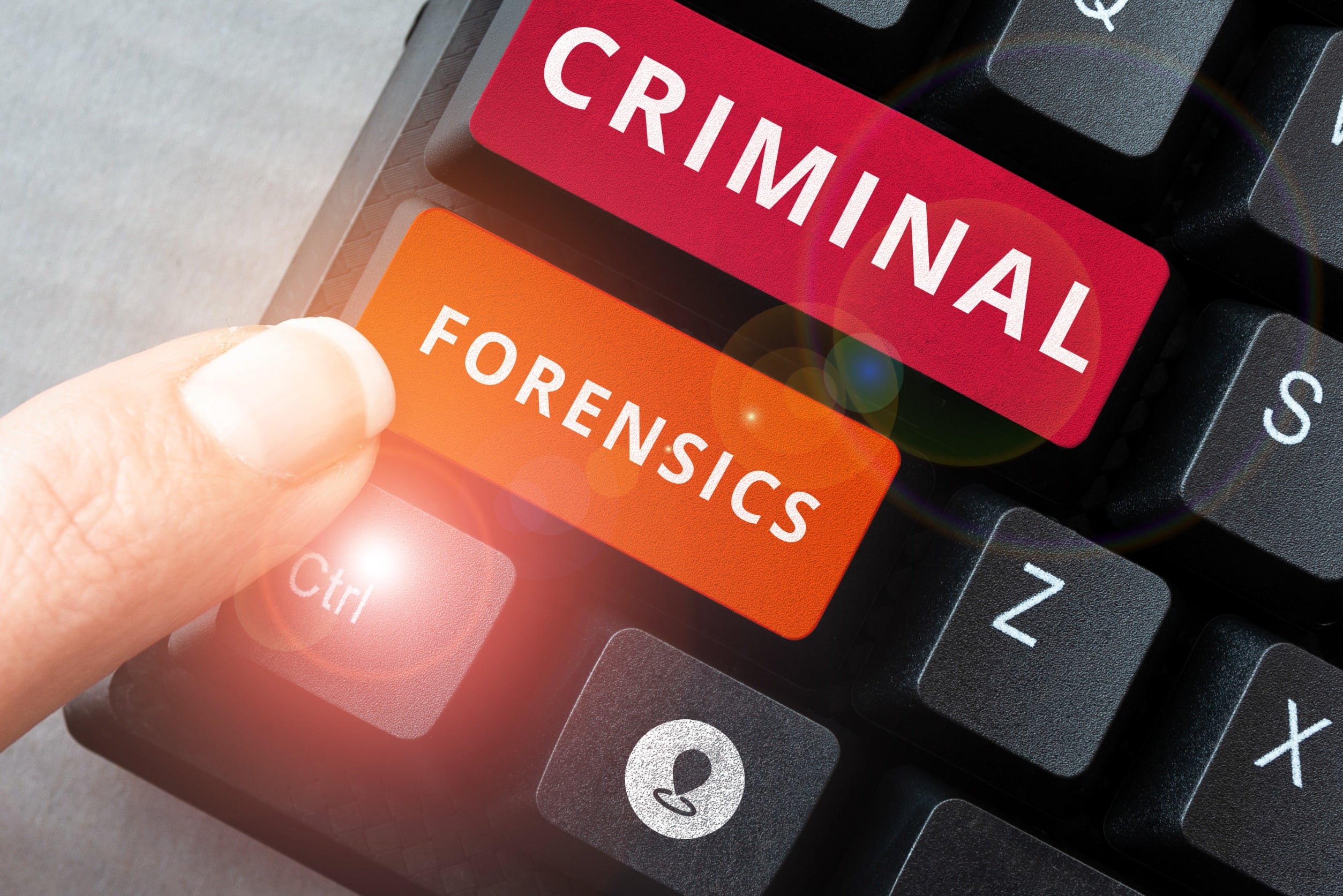In an era dominated by technology, the landscape of criminal defense has undergone a significant transformation. The advent of smartphones, social media platforms, and digital communication tools has introduced a new dimension to legal proceedings, particularly in assault cases. Minnesota residents facing assault charges find themselves navigating a complex web of digital evidence, privacy concerns, and the ever-evolving challenges presented by technology.
The Digital Footprint: Social Media and Assault Cases
One of the most notable shifts in recent years is the role of social media in criminal cases. Social platforms have become a treasure trove of information for law enforcement and prosecutors seeking evidence to support assault charges. From heated online exchanges to the sharing of compromising photos or videos, individuals involved in assault cases inadvertently leave behind a digital footprint that can be used against them.
For instance, a seemingly harmless comment on social media may be misinterpreted or taken out of context, leading to potential legal consequences. Defense attorneys must scrutinize social media interactions, challenging the authenticity and relevance of digital evidence presented in court. It is crucial for individuals facing assault charges to be mindful of their online presence and understand the potential impact on their case.
Smartphone Technology: A Double-Edged Sword
The ubiquity of smartphones has revolutionized the way we communicate and share information. However, in assault cases, smartphones often serve as both a source of evidence and a potential privacy concern. Photos, text messages, call logs, and even location data stored on smartphones can be used to reconstruct events leading up to an alleged assault.
On the flip side, collecting such digital evidence raises important privacy considerations. Criminal defense lawyers must protect their client’s rights, ensuring that smartphone evidence is legally obtained and admissible in court. Understanding the intricacies of digital forensics is paramount for building a robust defense strategy that challenges the reliability of smartphone evidence.
Navigating the Legal Landscape: Challenges in Digital Evidence
The integration of technology into assault cases introduces unique challenges for both prosecutors and defense attorneys. Authentication of digital evidence, establishing a chain of custody, and addressing potential tampering are critical aspects of navigating the legal landscape.
The fast-paced evolution of technology often outpaces the legal system’s ability to adapt, creating a dynamic environment where precedent and case law are continually evolving. Defense lawyers play a pivotal role in dissecting digital evidence, challenging its admissibility, and highlighting potential flaws in the prosecution’s case. It is essential for individuals facing assault charges to seek the expertise of a criminal defense lawyer well-versed in the nuances of digital evidence to ensure a fair and thorough legal process.
Privacy Concerns in the Digital Age
As technology advances, the balance between personal privacy and the needs of law enforcement becomes increasingly delicate. The collection and use of digital evidence in assault cases raise legitimate privacy concerns, and defense attorneys must be vigilant in safeguarding their clients’ rights.
In the digital age, individuals facing assault charges may find themselves subject to unwarranted invasions of privacy, such as unauthorized access to their social media accounts or data extraction from their smartphones. A skilled criminal defense lawyer can challenge the legality of such actions, ensuring that evidence obtained through privacy violations is excluded from court proceedings.
Building a Strong Defense: The Role of Experienced Criminal Defense Lawyers
In the face of technology’s impact on assault cases, the importance of a strong defense cannot be overstated. Experienced criminal defense lawyers bring a wealth of knowledge and expertise, enabling them to effectively navigate the complexities of digital evidence and privacy concerns.
Building a robust defense strategy requires a meticulous examination of the facts, a thorough understanding of digital forensics, and the ability to challenge the prosecution’s case at every turn. Whether scrutinizing social media interactions, dissecting smartphone data, or addressing privacy violations, a seasoned criminal defense lawyer is invaluable in achieving a favorable outcome.
Defending Against Assault Charges In The Digital Age
The digital age has reshaped the landscape of assault cases, introducing opportunities and challenges. As technology evolves, individuals facing assault charges must recognize the importance of proactive defense strategies that address the nuances of digital evidence and privacy concerns.
By enlisting the support of an experienced criminal defense lawyer, individuals can navigate the complex intersection of technology and the legal system, ensuring a fair and thorough examination of the evidence against them.
About the Author:
Christopher Keyser is an AV-Preeminent rated criminal and DWI defense attorney based in Minneapolis who is known for fighting aggressively for his clients and utilizing innovative tactics to get the most positive results. He has been featured in numerous media outlets due to the breadth and depth of his knowledge and has been named a Certified Specialist in Criminal Law by the Minnesota Bar Association. Mr. Keyser is Lead Counsel rated, and he has received recognition for his criminal law work from Avvo, Expertise, and Super Lawyers.







